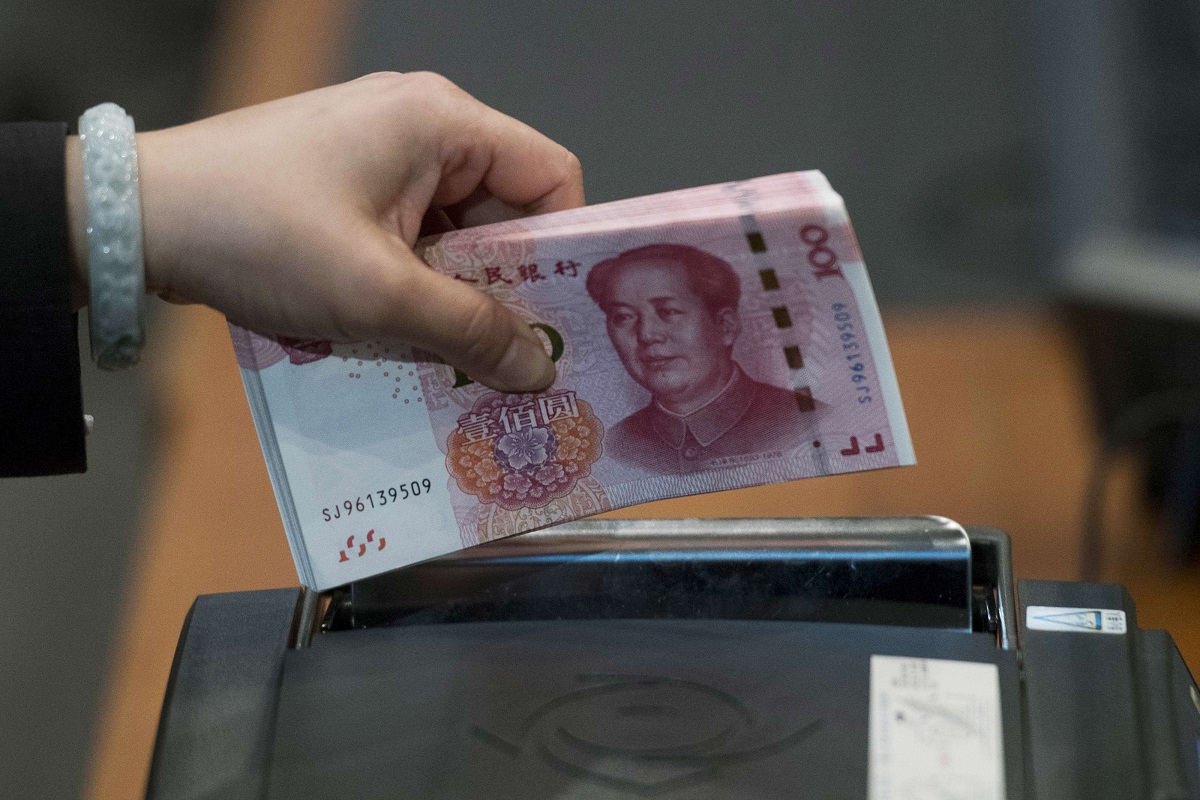The Central Bank of Nigeria (CBN) has announced that it has repaid 85% of the Chinese yuan (CNY) borrowed from the currency swap agreement with China.
This repayment marks a substantial milestone in the financial relationship between the two countries and underscores Nigeria’s commitment to prudent financial management.
The currency swap agreement, initiated in July 2018 and renewed in April 2021, allowed Nigeria to access a pool of CNY 15 billion for trade and investment purposes. The agreement aimed to facilitate smoother transactions between the two nations by reducing the need for intermediary foreign currencies.
It also sought to strengthen economic cooperation, improve financial stability, and bolster foreign exchange reserves management.
Since the agreement’s renewal, Nigeria has drawn CNY 9 billion from the facility, utilizing CNY 6 billion while leaving CNY 3 billion as an outstanding balance.
However, in a move that demonstrates Nigeria’s fiscal responsibility, the CBN has successfully repaid CNY 5.10 billion of the utilized funds. This leaves just CNY 900 million to be repaid before the agreement’s expected renewal in 2024.
Femi Falana, a prominent human rights lawyer, had initiated this disclosure when he submitted a Freedom of Information (FOI) request to the CBN, seeking detailed information about the currency swap agreement.
His request brought this remarkable achievement to the forefront, highlighting the transparency and accountability in Nigeria’s financial governance.
Despite this significant repayment, concerns persist about the limitations faced by federal and state governments and the business community when transacting in naira and yuan. Addressing these concerns and maximizing the benefits of the currency swap agreement remains a priority for both Nigeria and China.
The initial signing of the currency swap agreement in April 2018 marked the culmination of over two years of diligent negotiations by both central banks. Godwin Emefiele, the suspended governor of the CBN, led the Nigerian delegation, while Yi Gang, the PBoC governor, led the Chinese team at the signing ceremony in Beijing, China. This event solidified Nigeria’s position as the third African country to establish such an agreement with the People’s Bank of China (PBoC).
With the successful repayment and continued partnership between Nigeria and China, the operationalization of this agreement has paved the way for Nigerian manufacturers, small and medium-sized enterprises, and cottage industries to conduct their businesses more efficiently.
By leveraging the available renminbi liquidity from Nigerian banks, they can import raw materials, spare parts, and basic machinery without the complexities of seeking other scarce foreign currencies.
Nigeria’s CBN’s repayment of 85% of the Chinese yuan from the currency swap pact demonstrates the country’s commitment to financial responsibility and strengthening economic ties with China. As the two nations continue to collaborate, this achievement sets the stage for further economic growth and cooperation between Nigeria and China.




 Forex3 weeks ago
Forex3 weeks ago






 Naira3 weeks ago
Naira3 weeks ago
 Billionaire Watch2 weeks ago
Billionaire Watch2 weeks ago






 Naira3 weeks ago
Naira3 weeks ago






 Naira2 weeks ago
Naira2 weeks ago




 Naira1 week ago
Naira1 week ago




 Naira4 weeks ago
Naira4 weeks ago






 Naira1 week ago
Naira1 week ago













